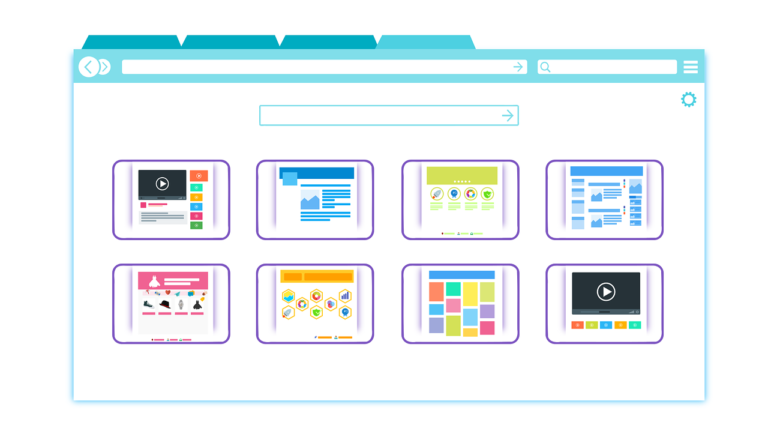How Much Does it Cost to Hire Someone to Build a Website
There has never been a more convenient time to start a website than today. That’s because the cost and resources of building, maintaining, and hosting a site are widely and affordably available to anyone on the internet. So if you want someone to build a website for you, one of the first things that you…


